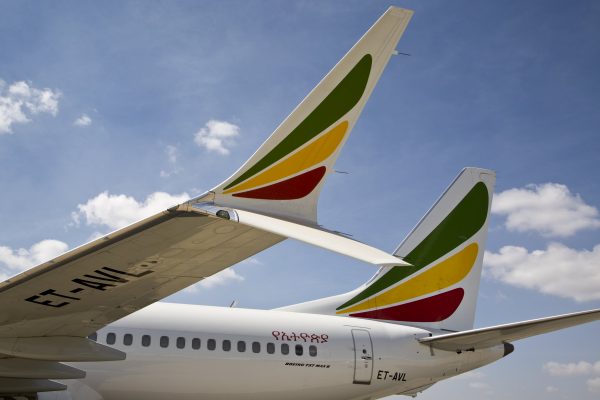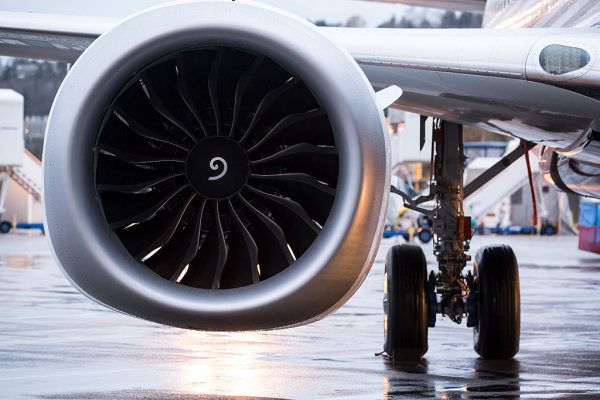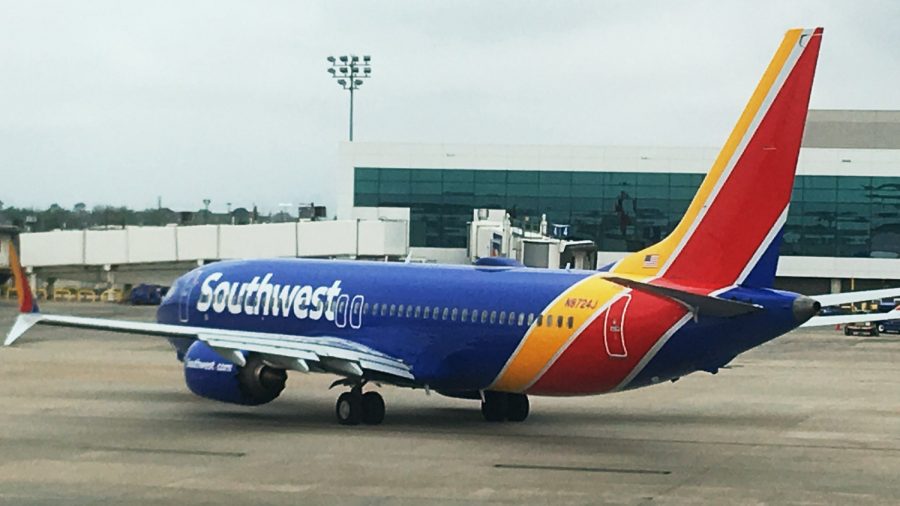SEATTLE—Southwest Airlines Co said on Friday it was pulling its Boeing Co 737 MAX jets from flight schedules through May, extending its earlier timeline from April 20, according to a company memorandum seen by Reuters.
“This will impact the lines in May, but, now that the decision has been made, we can construct our schedule without those flights well in advance in hopes to minimize the daily disruptions,” the Southwest Airlines Pilots Association and the company said in the joint memorandum.
Boeing’s top-selling 737 MAX jetliner has been grounded in the wake of two deadly crashes involving that model in five months, one in Indonesia last October and another on March 10 in Ethiopia.

Software Upgrade
Chicago-headquartered Boeing has promised a swift update of software, but regulators in Europe and Canada are shifting away from previous reliance on FAA vetting, saying they will now seek their own guarantees of the MAX planes’ safety.
Aviation experts suspect an automated system, meant to stop stalling by dipping the nose, may be involved in both cases, with pilots struggling to override it as their jets plunged downwards.
But they stress neither investigation is complete and crew actions and training will also be closely scrutinized.
As Ethiopian investigators pored over black box data from their crash, sources with knowledge of the doomed Lion Air cockpit voice recorder revealed how pilots searched a manual to figure out why they were hurtling down to sea.

Investigators examining the Indonesian crash want to know how a computer ordered the plane to dive in response to data from a faulty sensor and whether pilots had enough training to respond appropriately.
Boeing has said there was a documented procedure to handle the problem.
A different crew on the same plane the previous evening had the same situation but solved it after running through three checklists, though they did not pass on that information to the doomed Indonesian crew, a preliminary report in November said.
Regulators want to be absolutely sure of Boeing’s new automated control system, known as MCAS (Maneuvering Characteristics Augmentation System), and that pilots are fully prepared to handle it. MCAS is meant to prevent a loss of lift which can cause an aerodynamic stall and send the plane downwards in an uncontrolled way.
Facing high-profile scrutiny, Boeing reshuffled executives in its commercial airplanes unit to focus on its response.

The FAA said its “robust processes” and “full collaboration with the aviation community” were key to safety worldwide.
As with the Indonesia flight, the Ethiopian crew radioed about control problems shortly after take-off and sought to turn back, struggling to get their plane on track before it hit a field. Ethiopia’s civil aviation head Wosenyeleh Hunegnaw said he expected a report on the investigation within 30 days.
For now, more than 350 MAX aircraft are grounded, and deliveries of nearly 5,000 more—worth more than $500 billion—are on hold.
Development of the 737 MAX began in 2011 after the launch by its main rival of the Airbus A320neo. The MAX entered service in 2017.
While some airlines are worried about the impact on profits, they have been able to keep services going, swapping MAX planes for others, or using partner carriers.
By Eric M. Johnson

